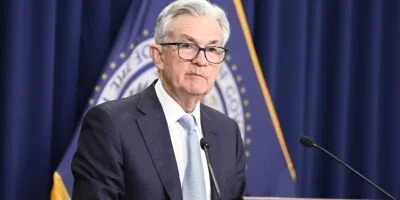It is time to read Juan de Mariana again
In the early seventeenth century, Juan de Mariana wrote a great treatise on money. He understood that currency debasement threatened the entire economic order of the kingdom. Property rights, the ability to trade goods and services, fair wages–all these things require stable currency as Mariana notes:
“No individual has the right to expect that the laws governing property rights, or his rights as a consumer or producer, will always assume the same form. But the maintenance of a free monetary order implies that contracts freely made in money do, as such, carry society’s guarantee that the measuring-rod of money in terms of which they are made will not be deliberately tampered with by anyone, not even the Government itself.”
In the introduction to his book I wrote (but the editor later took it out and replaced by his/her own paragraph):
A short-sighted optimism caused by a reduction in monetary debasement during the last decade of the 20th century might take some shine out of the timeliness of this first English edition. Yet governments in all continents still regard control of money as an essential tool which is mostly used to debauch rather than protect its citizens. In most countries the arguments by Nobel laureates in economics in favor of sounder monetary systems such as Milton Friedman, F.A. Hayek, and Robert Mundell, still need to penetrate the armor of bureaucratic self-interest and misplaced nationalisms. Now that Mariana’s economic writings are finally available to the English reader, his recommendations might again prompt a healthy trend. A liberation from monetary “kings” and superstitions.







